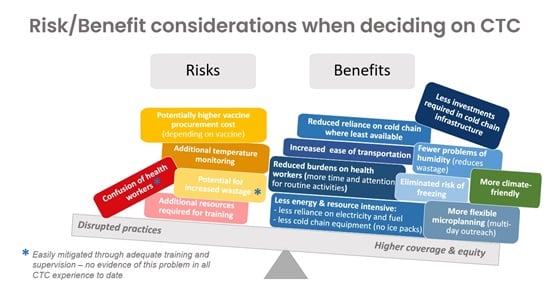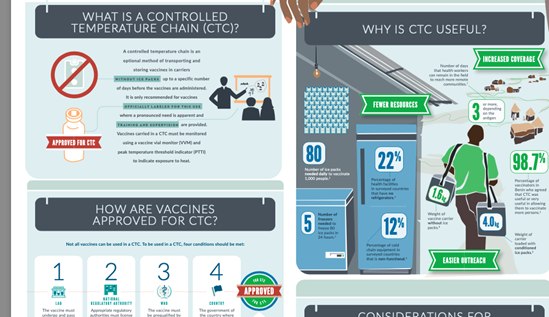Vaccines and immunization
Immunization is a global health success story, saving millions of lives every year. Vaccines reduce risks of getting a disease by working with your body’s natural defenses to build protection. When you get a vaccine, your immune system responds.
We now have vaccines to prevent more than 30 life-threatening diseases and infections, helping people of all ages live longer, healthier lives. Immunization currently prevents 3.5 million to 5 million deaths every year from diseases like diphtheria, tetanus, pertussis (whooping cough), influenza and measles.
Immunization is key to primary health care, an indisputable human right, and one of the best health investments money can buy. Vaccines are also critical to the prevention and control of infectious disease outbreaks. They underpin global health security and are a vital tool in the battle against antimicrobial resistance.
The COVID-19 pandemic strained health systems, resulting in dramatic setbacks. The most recent data for diphtheria-pertussis-tetanus (DTP) immunization coverage underscores the need for ongoing catch-up, recovery and system-strengthening.
Measles, because of its high transmissibility, quickly exposes immunity. In 2024, the routine first dose of measles vaccine was missed by 20.6 million children – far from the 2019 level of 19.3 million children.
Vaccines train your immune system to create antibodies, just as it does when it’s exposed to a disease. However, because vaccines contain only killed or weakened forms of germs like viruses or bacteria, they do not cause the disease or put you at risk of its complications.
Vaccines protect against many different diseases, including:
|
|
Not all these vaccinations may be needed in your country. Some may only be given prior to travel, in areas of risk, or to people in high-risk occupations. Talk to your health-care provider to find out what vaccinations are needed for you and your family.
WHO is working with countries and partners to improve global vaccination coverage, including through these initiatives adopted by the World Health Assembly in August 2020.
Immunization Agenda 2030
IA2030 sets an ambitious, overarching global vision and strategy for vaccines and immunization for the decade 2021–2030. It was co-created with thousands of contributions from countries and organizations around the world. It draws on lessons from the past decade and acknowledges continuing and new challenges posed by infectious diseases (e.g. Ebola, COVID-19).
The strategy has been designed to respond to the interests of every country and intends to inspire and align the activities of community, national, regional and global stakeholders towards achieving a world where everyone, everywhere fully benefits from vaccines for good health and well-being. IA2030 is operationalized through regional and national strategies and a mechanism to ensure ownership and accountability and a monitoring and evaluation framework to guide country implementation.
- Immunization Agenda 2030: A Global Strategy to Leave No One Behind
- Implementing the Immunization Agenda 2030: A Framework for Action

/photostory/malaria-vaccine-one-year-on/malaria-vaccine-first-babies-7.tmb-479v.jpg?sfvrsn=b50a6434_11)








